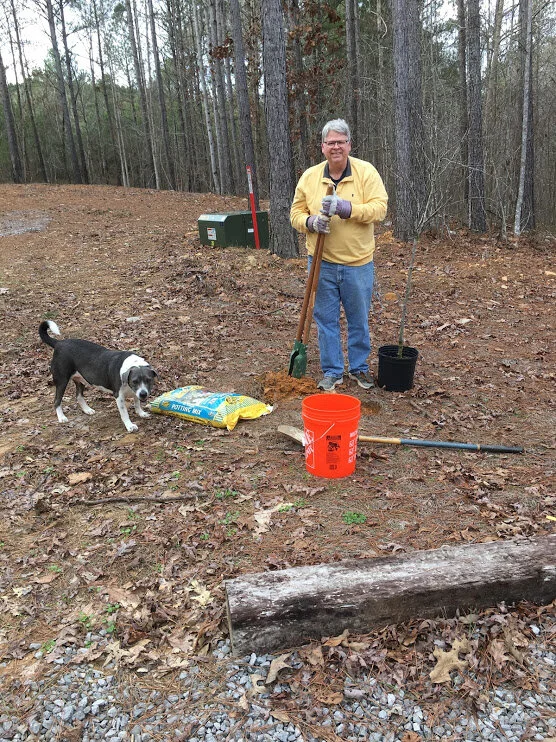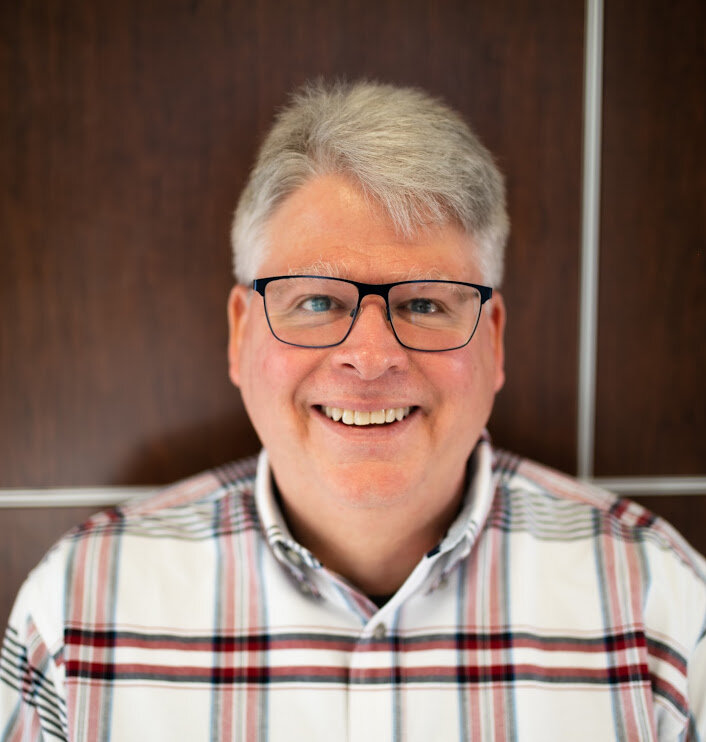Foster Dickson is a writer, editor, and teacher who lives in Montgomery, Alabama. Foster’s work has centered on subjects from the American South, the arts & humanities, education, and social justice. His most recent book, Closed Ranks: The Whitehurst Case in Post-Civil Rights Montgomery, about a police-shooting controversy in the mid-1970s, was published by NewSouth Books in November 2018. Foster’s previous book, Children of the Changing South, was published in 2011 and contains memoirs by eighteen writers and historians who grew up in the South during and after the Civil Rights movement. His other published books are biographical works on two often-neglected Southerners, The Life and Poetry of John Beecher (Edwin Mellen Press, 2009) and I Just Make People Up: Ramblings with Clark Walker (NewSouth Books, 2009), and a book of poetry, Kindling Not Yet Split (Court Street Press, 2002). He also acted as general editor for the place-focused curriculum guide Treasuring Alabama’s Black Belt (Alabama Humanities Foundation/Auburn University at Montgomery, 2009).
In the video below, Alina Stefanescu sat down for a pandemic-appropriate chat with Foster Dickson and his works in progress.
Foster Dickson On Writing, Southern Myths, and New Projects in the Works
Level: Deep South
In March 2020, Foster began a new project called level:deepsouth, which is an online anthology created with the goal of documenting the experiences of Generation X in the Deep South during the 1970s, ’80s, and ’90s by collecting personal essays and memoirs about our lives back then and since then. The project is now open for submissions. Though any submission that fits the subject matter will be considered, Foster is especially interested in essays or memoirs by writers who were born between 1965 and 1980, and who grew up in the region.
A writer and his books.
The Whitehurst Case
Foster’s most recent book Closed Ranks: The Whitehurst Case in Post-Civil Rights Montgomery was released in November 2018 and is available in paperback and e-book formats. The release was covered by the Montgomery Advertiser, WSFA, and The Crime Report.If you missed that event or others, the Read Herring bookstore has autographed copies in stock. You can also read the Alabama Writers Forum’s review of the book.
To schedule a signing or book talk, please use the contact form on his About page. While you might think of these as public events that occur in bookstores or on college campuses, Foster will also schedule invitation-only readings and discussions with book clubs, civic organizations, and school groups.
Foster decided to help nurture the local soil by starting a community garden.
Call for Submissions: Modern Southern Folklore
Foster has received one of four Literary Arts Fellowships from the Alabama State Council on the Arts for the 2021 year! The fellowship “recognizes artistic excellence as well as professional commitment and maturity. It is intended to contribute to the further development of the literary artist and the advancement of his or her professional career.”
The announcement of this year’s recipients was made in June, and fellowships begin in October 2020. Foster’s project for the fellowship is titled Nobody’s Home: Modern Southern Folklore, which will be an online anthology of creative nonfiction about the prevailing beliefs, myths, and narratives that have driven Southern culture over the last fifty years, in the late 20th and early 21st centuries.
You can keep up with Foster by liking his author pages on Facebook and Amazon, or by connecting with him on LinkedIn. To view Foster’s complete CV of writing credits and related experience, click here.




















